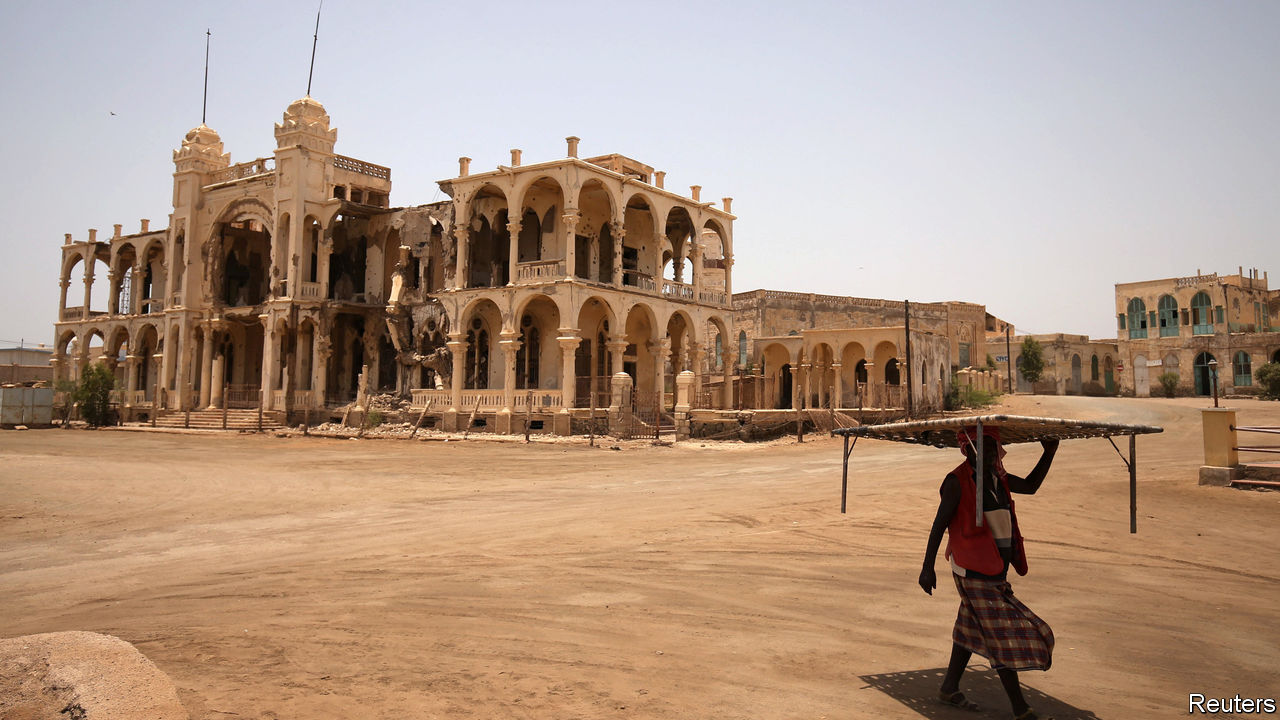Now at peace with Ethiopia, it may even be in a position to throw off the unflattering moniker

There are plenty of good reasons why Eritrea is not North Korea. It is less repressive and does not have nuclear weapons. Though it has picked fights with its neighbours it poses an existential threat to none. Both Eritrea and North Korea have been sanctioned by the UN but Eritrea is subject only to an arms embargo, which might be lifted soon. Both regimes are isolationist but Eritrea’s somewhat less so: in recent years it has engaged with the European Union, allowed some UN agencies to establish offices inside the country, and cultivated strong ties with Gulf states like the United Arab Emirates. Ordinary Eritreans enjoy much more exposure to the outside world than their North Korean counterparts: satellite television is ubiquitous and the internet, though extraordinarily slow, is apparently uncensored. Eritrean nationals who have lived abroad for many years can come and go as they please, provided they toe the party line and pay a “diaspora tax”. By contrast, North Koreans who manage to get out can never return.
Lees verder: https://www.economist.com/the-economist-explains/2018/08/14/why-eritrea-is-called-africas-north-korea?fsrc=scn/tw/te/bl/ed/?fsrc=scn/fb/te/bl/ed/whyeritreaiscalledafricasnorthkoreatheeconomistexplains
Interessant artikel? Deel het eens met uw netwerk en help mee met het verspreiden van de bekendheid van dit blog. Er staan wellicht nog meer artikelen op dit weblog die u zullen boeien. Kijk gerust eens rond. Zelf graag wat willen plaatsen? Mail dan webmaster@vreemdelingenrecht.com In verband met geldwolven die denken geld te kunnen claimen op krantenartikelen die op een blog als deze worden geplaatst maar na meestal een dag voor de krantenlezers aan leeswaardigheid hebben ingeboet terwijl wij vreemdelingenrecht specialisten ze soms wel nog jaren gebruiken om er een kopie van te maken voor een zaak ga ik over tot het plaatsen van alleen het eerste stukje. Ja ik weet het: de kans dat u doorklikt is geringer dan wanneer het hele artikel hier staat en een kopie van het orgineel maken handig kan zijn voor uw zaak. Wilt u zelf wat overnemen van dit weblog. Dat mag. Zet er alleen even een link bij naar het desbetreffende artikel zodat mensen niet alleen dat wat u knipt en plakt kunnen lezen maar dat ook kunnen doen in de context. Subscribe to Vreemdelingenrecht.com blog by Email




Geen opmerkingen:
Een reactie posten